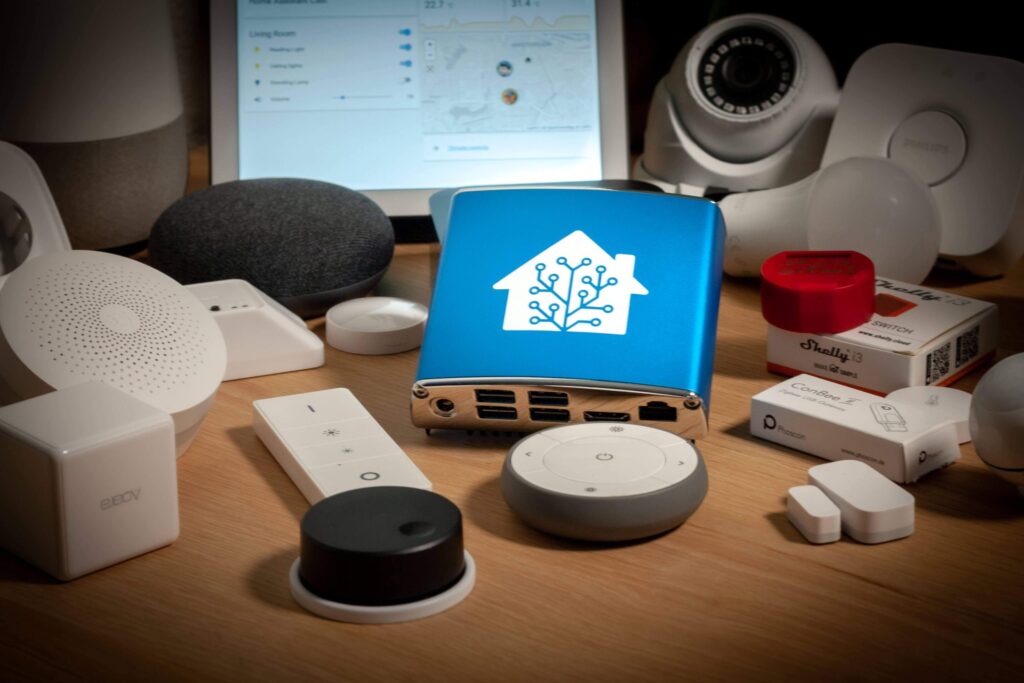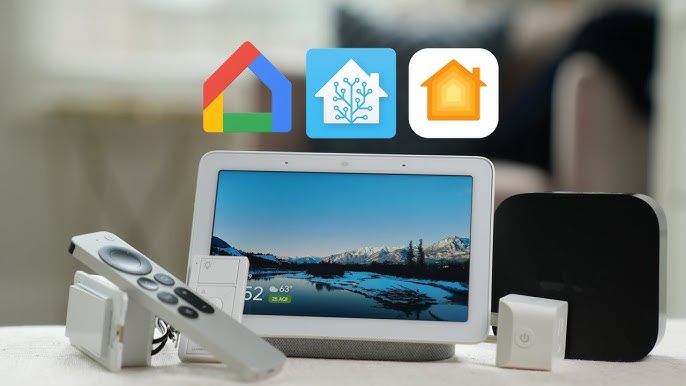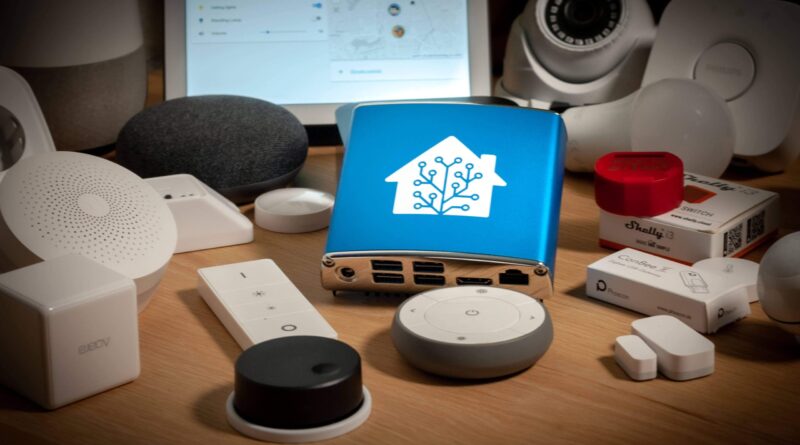Top 10 Best Smart Home Devices for Beginners in 2025
If you’re new to smart home technology, finding the best smart home devices for beginners can feel overwhelming. Fortunately, 2025 brings a wealth of user-friendly and affordable options to get you started without hassle. Choosing the right devices is crucial to ensure a seamless experience and effective automation. In this guide, we’ll walk you through the top 10 devices that combine simplicity, functionality, and value — perfect for anyone looking to jump into smart living.
When selecting the best smart home devices for beginners, it’s important to focus on ease of installation, intuitive apps, and compatibility with popular ecosystems like Alexa, Google Assistant, or Apple HomeKit. With that in mind, here are our recommendations.

1. Smart Speakers: Your Voice-Controlled Assistant
Smart speakers like Amazon Echo and Google Nest Hub are among the best smart home devices for beginners because they serve as the central hub for voice commands and automations. They’re easy to set up and can control other smart devices with simple voice prompts. Plus, they provide additional features like music streaming, news updates, and reminders.
2. Smart Plugs: Turn Any Device Into a Smart Device
A smart plug is one of the easiest ways to start automating your home. Plug it into any outlet, connect it to your Wi-Fi, and control the connected appliance through your phone or voice assistant. Smart plugs are great for lamps, fans, and other small appliances, making them highly versatile and beginner-friendly.
3. Smart Bulbs: Easy Lighting Automation
Smart bulbs are perfect for beginners who want to control lighting without rewiring. They screw into your existing fixtures and allow you to adjust brightness, colors, and schedules remotely. Many smart bulbs work with voice assistants, enabling effortless lighting control.
4. Smart Thermostats: Save Energy and Stay Comfortable
A smart thermostat like the Google Nest Learning Thermostat learns your schedule and adjusts heating and cooling automatically. It’s a bit more advanced but still user-friendly, offering energy savings and added convenience. Installation usually requires basic wiring skills, but many models come with straightforward instructions.
5. Smart Security Cameras: Keep an Eye on Your Home
Security cameras such as Ring or Arlo provide peace of mind with real-time video feeds and motion alerts. They’re easy to install, usually wire-free, and integrate well with smart hubs and mobile apps. For beginners, a camera with two-way audio is a great choice for added communication.
6. Smart Door Locks: Enhance Your Home Security
Smart locks allow keyless entry and can be controlled remotely. They’re ideal for beginners who want to upgrade home security without complicated installations. Many models work with voice assistants and offer temporary access codes for guests.
7. Smart Sensors: Monitor Your Environment
Sensors for doors, windows, temperature, and humidity provide automated alerts and can trigger other smart devices. Beginners will appreciate their simple setup and the extra layer of security and convenience they provide.
8. Smart Vacuum Cleaners: Automated Cleaning
Robotic vacuums like the Roomba are easy to operate and maintain, making them a favorite smart device for beginners. They clean on a schedule, navigate obstacles, and can be controlled via app or voice assistant.
9. Smart Smoke and Carbon Monoxide Detectors
Safety is key, and smart detectors alert you instantly on your phone if there’s smoke or dangerous gas detected. They often integrate with other smart home systems for automated safety measures.
10. Smart Home Hubs: The Control Center
If you plan to expand your smart devices, a hub like Samsung SmartThings or Hubitat helps connect various brands and protocols into one interface. Beginners will find it useful for managing multiple devices seamlessly.
f you’re searching for the best smart home devices for beginners and want trustworthy recommendations, be sure to check out Wirecutter’s Best Smart Home Devices for Beginners. Wirecutter provides thorough, unbiased reviews and testing results that can help you find easy-to-use, reliable devices to kickstart your smart home journey with confidence.
How to Choose the Best Smart Home Devices for Beginners

Choosing the right devices depends on your lifestyle, budget, and home layout. Prioritize compatibility with your preferred ecosystem, ease of use, and scalability. Starting with basic devices like smart plugs and speakers allows you to build your system gradually without overwhelming complexity.
Why Start with Beginner-Friendly Smart Home Devices?
Starting with the best smart home devices for beginners is key to building confidence and enjoying the benefits of smart technology without frustration. Beginner-friendly devices are designed to be simple to install, easy to use, and compatible with popular voice assistants. This approach helps you gradually expand your smart home ecosystem while avoiding common pitfalls that overwhelm new users.
Understanding Compatibility and Ecosystems
One of the biggest challenges beginners face is compatibility. The major smart home ecosystems—Amazon Alexa, Google Assistant, and Apple HomeKit—each have their own strengths and device compatibility. Before purchasing, check that your chosen devices support the ecosystem you plan to use. This ensures smooth integration, centralized control, and the ability to create automated routines that work across all your devices.
Prioritizing Security and Privacy
When adding smart devices, security should never be an afterthought. Beginner devices often come with built-in security features such as encrypted communication and regular firmware updates. Make sure to change default passwords, use strong unique passwords for device accounts, and enable two-factor authentication when available. Some devices also allow you to set up a dedicated network for your smart home to isolate them from other internet-connected devices.
Expanding Your Smart Home Over Time
Starting small doesn’t mean you can’t grow your smart home system. Once comfortable, you can add devices like smart sensors, cameras, and appliances to enhance convenience and security. Many beginner devices support expansion through hubs or cloud services that connect multiple device brands under a single interface. This flexibility allows you to customize your smart home to suit your lifestyle.
The Importance of User Support and Community
Choosing devices from manufacturers with strong customer support and active user communities can be invaluable. Beginner-friendly smart home devices usually come with detailed guides, video tutorials, and responsive customer service. Online forums and social media groups also offer a wealth of tips, troubleshooting advice, and inspiration, making your smart home journey smoother and more enjoyable.
For more detailed advice on choosing the best smart home devices for beginners, check out our comprehensive guide on smarthomend This article dives deeper into device selection, setup tips, and ecosystem compatibility to help you create a seamless and secure smart home experience.
Tips for a Smooth Smart Home Setup
- Start small: Begin with one or two devices to familiarize yourself with the system.
- Keep devices updated: Regular firmware updates improve security and functionality.
- Secure your network: Use strong passwords and separate networks for your smart devices.
- Read user reviews: Learn from others’ experiences to avoid common pitfalls.
Conclusion
The best smart home devices for beginners in 2025 make it easier than ever to create a connected, convenient, and secure home. With user-friendly installation and intuitive controls, these top 10 devices offer an excellent starting point for your smart home journey. Start simple, stay secure, and enjoy the benefits of smart living!
If you want, I can also help with meta tags, FAQs, or social media captions for this article!

